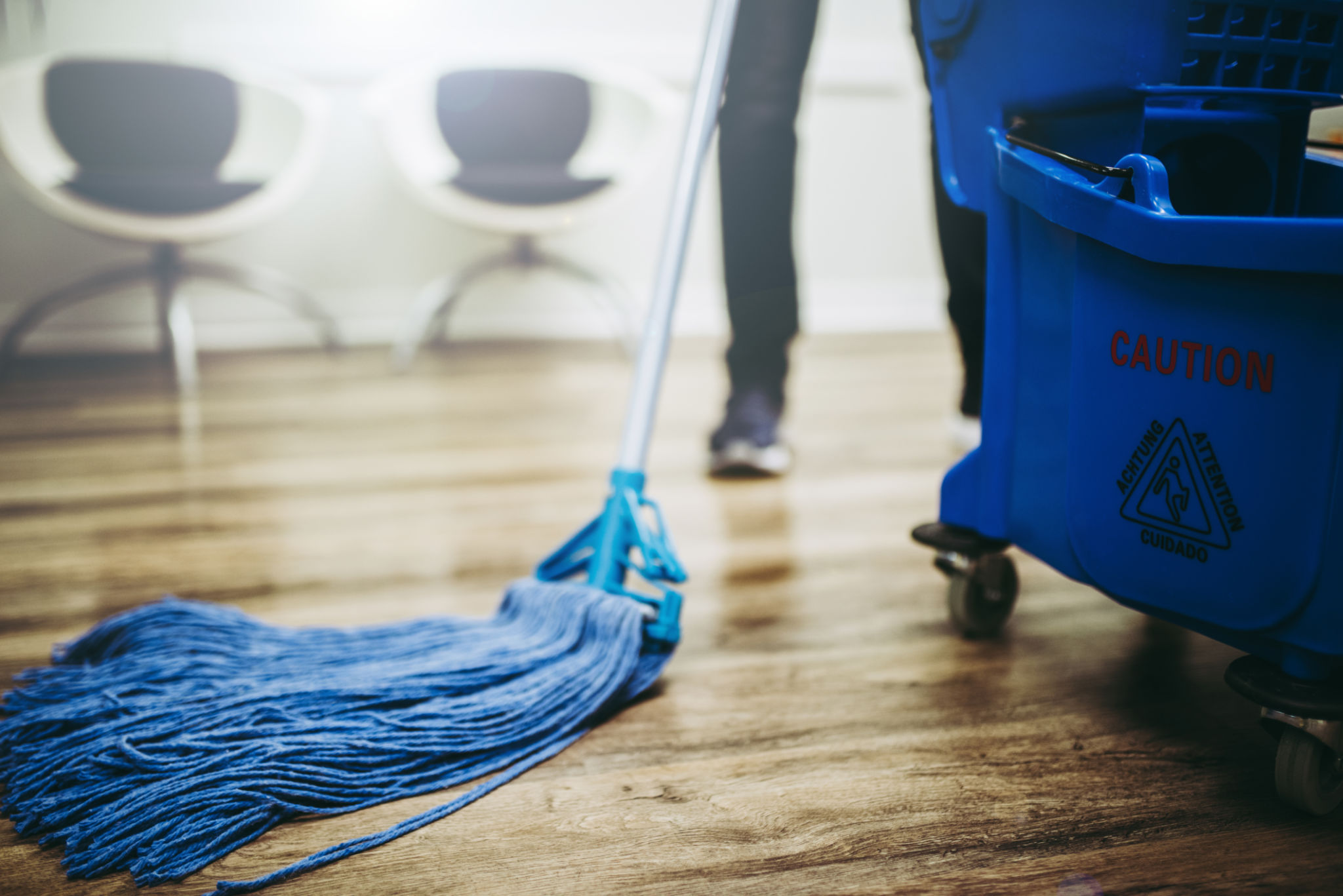Expert Tips for Choosing the Right Flooring for Your Charlotte Business
Understanding Your Business Needs
When selecting the right flooring for your Charlotte business, it's crucial to first understand your specific needs. Different businesses require different types of flooring based on factors such as foot traffic, aesthetic appeal, and maintenance requirements. For example, a retail store might prioritize durability and ease of cleaning, while a boutique hotel may focus more on luxury and ambiance. Identifying your business's unique demands will streamline the selection process.
Consider how much wear and tear your flooring will endure. High-traffic areas necessitate robust materials that can withstand constant use without deteriorating quickly. Additionally, consider the overall design and branding of your business. Your flooring should complement your existing decor and contribute to the desired atmosphere.

Types of Flooring Options
Once you have a clear understanding of your business needs, it's time to explore the various flooring options available. Each type of flooring has its advantages and drawbacks, so it's essential to weigh these factors carefully.
Hardwood Flooring
Hardwood is a classic choice that offers elegance and durability. It's ideal for businesses that want to project a sophisticated image. Hardwood flooring is easy to clean and can be refinished multiple times, extending its lifespan significantly. However, it might not be the best choice for areas prone to moisture.
Laminate Flooring
Laminate flooring is a cost-effective alternative to hardwood, offering similar aesthetics at a lower price. It's resistant to scratches and stains, making it an excellent option for high-traffic areas. However, it might not offer the same warmth and authenticity as real wood.

Considering Maintenance and Durability
Maintenance is another critical factor when choosing business flooring. Some materials require more upkeep than others. For instance, carpet may need regular vacuuming and occasional deep cleaning, while tile floors might only need a quick mop to stay pristine.
Durability is closely tied to maintenance considerations. A durable floor reduces the need for frequent replacements or repairs, ultimately saving your business time and money. Consider how long you plan to occupy your current space when weighing durability against other factors.
Vinyl Flooring
Vinyl is known for its resilience and is available in various designs that mimic more expensive materials like wood or stone. It's water-resistant, making it suitable for areas prone to spills or moisture. Its low maintenance requirements make it appealing for busy businesses.

Budget Considerations
Your budget will inevitably play a significant role in your flooring decision. While it's tempting to opt for cheaper materials, it's essential to consider the long-term costs associated with maintenance and replacement. Investing in higher-quality flooring upfront can often lead to savings over time.
When working within a budget, prioritize areas that see the most traffic or are vital to customer impressions. You might choose to allocate more resources to these areas while opting for more economical solutions in less critical spaces.
Seeking Professional Advice
If you're feeling overwhelmed by the numerous options and considerations, don't hesitate to seek professional advice. Flooring experts can provide valuable insights into the best materials for your specific needs and help you navigate the complexities of installation and maintenance.
Consulting with a professional can also ensure you're aware of any local building codes or regulations that might impact your flooring choices. This step can prevent costly mistakes and ensure your business remains compliant with all necessary standards.

